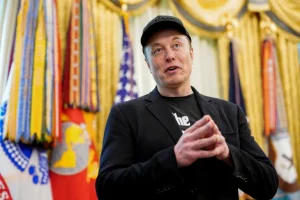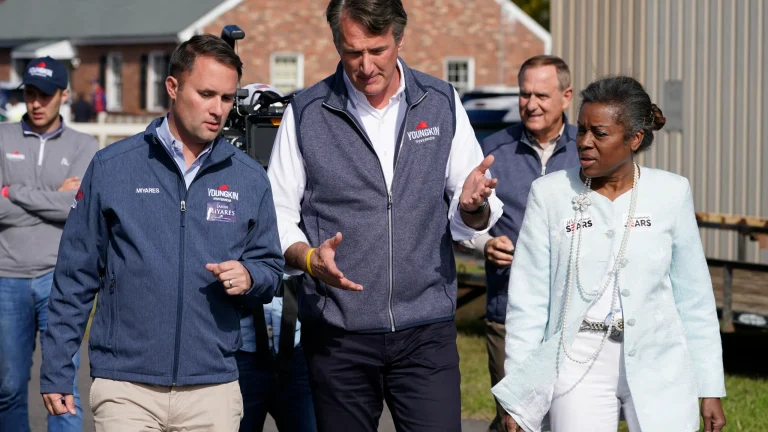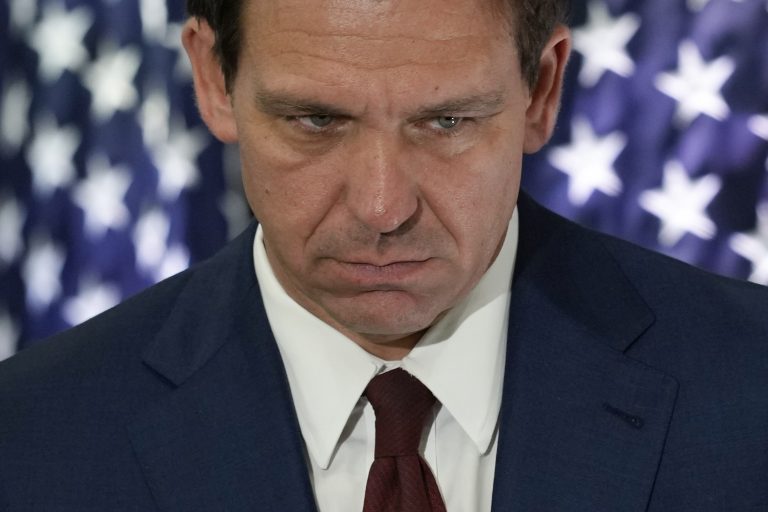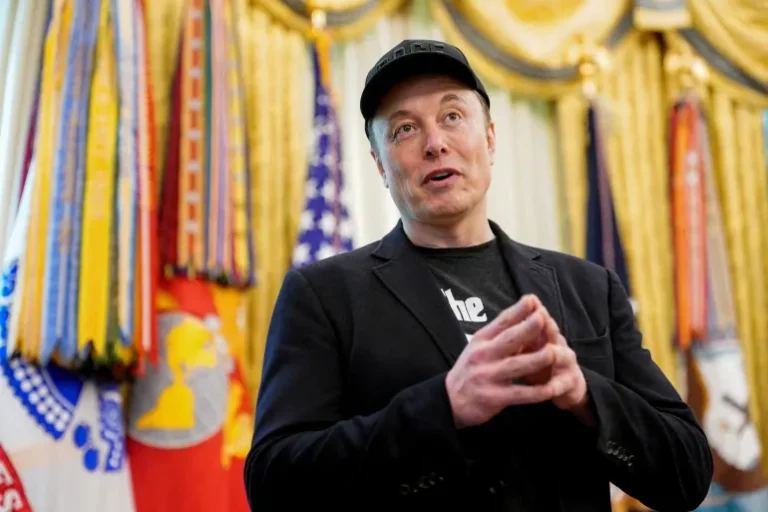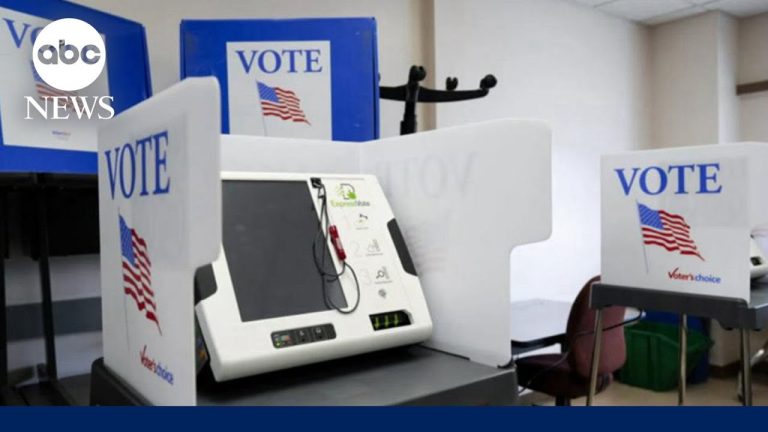After 20 years on the high court, the justice is known for standing alone in dissent.
-by David G. Savage
July 3, 2011- WASHINGTON — Each summer, Supreme Court Justice Clarence Thomas invites his four new law clerks to his home to watch a movie.
Not just any movie, but the 1949 film version of the classic of libertarian conservatism, Ayn Rand's "The Fountainhead."
The movie's hero, played by Gary Cooper, is an idealistic but stubborn architect, who, as Rand wrote, "stood alone against the men of his time." A character, it might be said, a lot like Thomas himself. "If you think you are right, there is nothing wrong with being the only one," he said last year in explaining his fondness for the movie. "I have no problem being the only one."
Twenty years ago last Friday, President George H.W. Bush nominated Thomas to the nation's highest court. In the years since, Thomas has routinely been referred to as a member of the court's conservative bloc. But the label hardly captures the distinctiveness of his record. In an institution where the ability to decide the law depends on creating a five-vote majority, no other justice is so proud of standing alone.
He strictly avoids the give-and-take among justices during oral arguments; he has not asked a question or made a comment in more than five years.
And his most provocative opinions have been solo dissents. Among them, he has declared that the Constitution gives states a right to establish an official religion. Prisoners, he wrote, have no constitutional right to be protected from beatings by guards. Teenagers and students have no free-speech rights at all, he said in an opinion Monday, because in the 18th century, when the Constitution was written, parents had "absolute authority" over their children.
Two years ago, the court ruled that a school official could not strip-search a 13-year-old girl to look for two extra-strength ibuprofen pills. Thomas — alone — dissented, calling the search of her underwear "reasonable and justified."
Alone, he voted to strike down a key part of the Voting Rights Act that is credited with giving blacks political power in the South. And he was the lone justice to uphold the George W. Bush administration's view that an American citizen could be held as an "enemy combatant" with no charges and no hearing.
He is seen as a sure vote to strike down President Obama's healthcare law and its insurance mandate because he already has called for striking down a wide range of 20th century federal laws that regulate business, saying they go beyond Congress' power.
Conservative scholars who admire Thomas say he, more than any justice, exemplifies the legal theory of "originalism" — the idea that the Constitution must be interpreted solely as its words would have been understood by those who approved it 222 years ago.
"He looks to how the Constitution was understood at the time of the ratification. He goes to first principles. And he is willing to challenge precedents that deviate from the original understanding," said John Eastman, a Chapman University law professor and former Thomas clerk.
His critics see a justice out of step with the court and the country.




